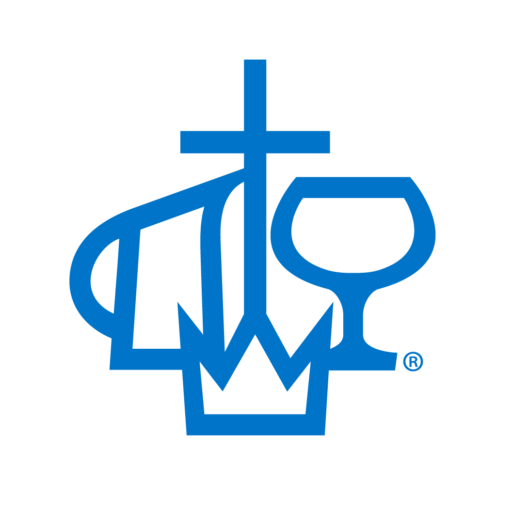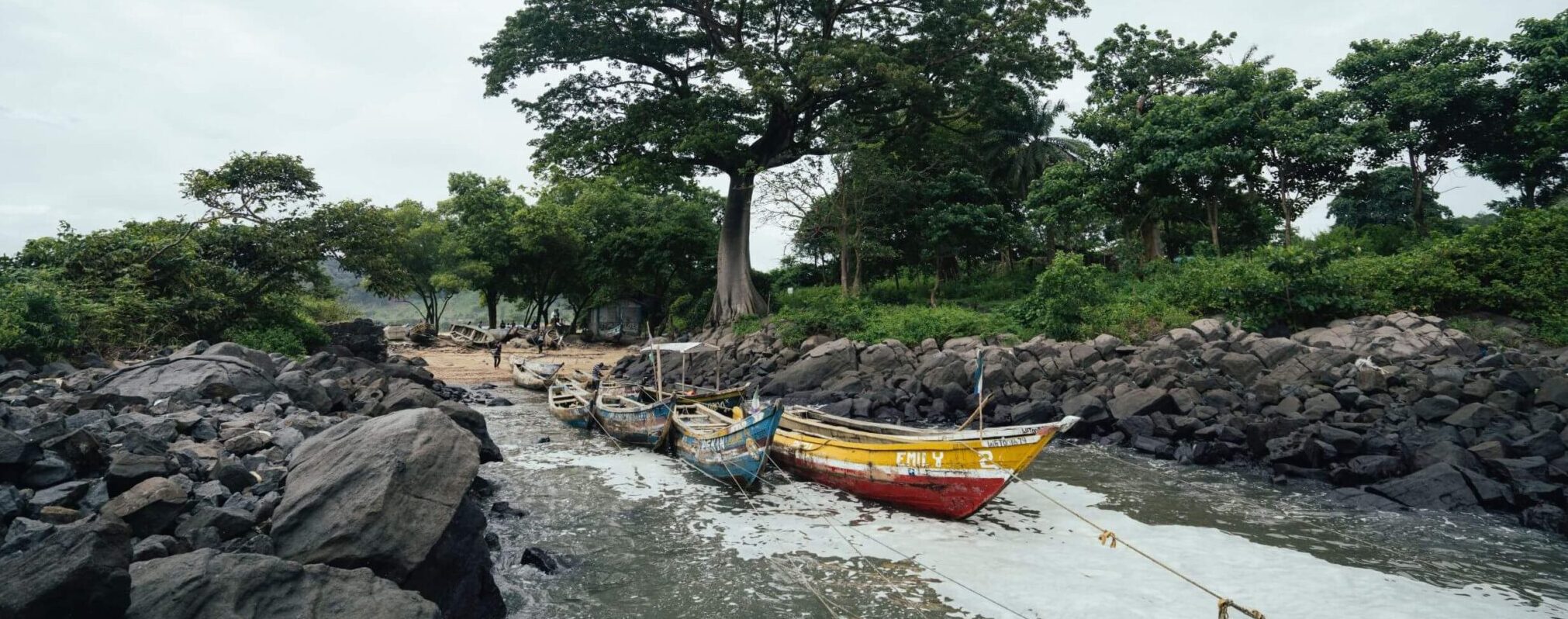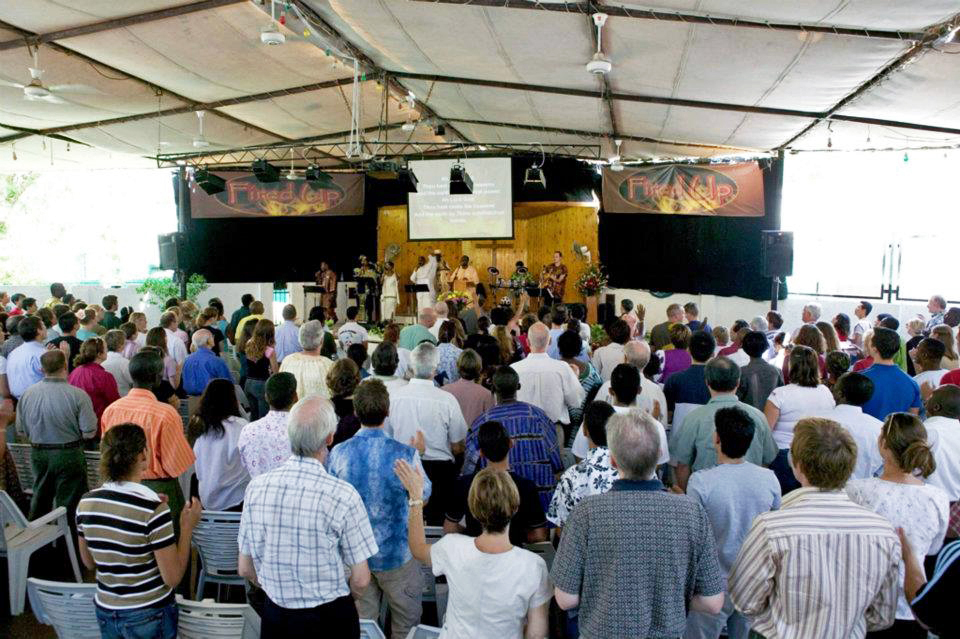In 1986 my wife and I left with another Canadian couple to the newly opened field of Guinea, West Africa. A particular focus of The Christian and Missionary Alliance (C&MA) was placed on Guinea from 1985-1995. The country had been closed to new missionaries from 1967-1985 and had just re-opened when a new government came into power. During this decade, about fifty new workers were sent from the USA, Canada, and the Netherlands to kickstart the work in Guinea. As young, newly trained and appointed missionary candidates, we were excited to be part of this new initiative. We were certain we would be catalysts to see the Gospel penetrate this virtually unreached country. Less than half of one percent were evangelical followers of Jesus. Little did we realize, we would be standing on the shoulders of giants who had gone before us.
Alliance work in West Africa began in 1890 and started in Freetown, Sierra Leone. At that time, the vision was to cross Sierra Leone to Guinea, find the headwaters of the Niger River, and missionaries would then use the river as a highway into the vast interior regions of West Africa. They would proclaim the gospel message to the millions who never had an opportunity to hear about Jesus. There were no roads, railways, or other means of transportation into this region at that time. The plan was to establish mission stations every fifty miles along the river from Freetown to Timbuktu as gospel lighthouses to take the message to the ninety million people who had not yet had access to this life-giving message.
One of the early recruits in this initial thrust into West Africa was Robert Sherman Roseberry. He was born on November 22, 1883, in Skelp, Pennsylvania, to a family with Quaker and Presbyterian heritage. At age fourteen, he responded to the gospel message from evangelistic meetings in the community. Later, at holiness revival meetings, he came to understand what it meant to be filled with the Spirit. This gave him a passion for knowing and following Christ. He had been planning a career as a schoolteacher and was attending Normal School for training. At a summer camp meeting, he had such a longing for a fuller experience with Christ, he went out into the forest and cried out to God with raised hands saying, “Lord give me Your power, and I will go to the ends of the earth.” He later said he “… went out from that holy place with great quietness of soul.” (Herber, 30) Roseberry applied to the Missionary Training Institute in Nyack, New York, where the regular weekly emphasis on the needs of the least-reached places in the world was presented. Roseberry received a passion and burden for French West Africa and the Niger vision. He wanted to be part of the group taking the message to the interior of West Africa.
Roseberry left New York for Freetown, Sierra Leone, in October 1909. He was partnered with another single missionary, David Muir, who had already been on the field for some time. They were assigned to open two new mission stations in Sierra Leone along the route toward the headwaters of the Niger River. They lived in very primitive conditions, building their own grass-roofed hut in the first village. Unfortunately, not long after their arrival, Muir suddenly got an extremely high fever, and three days later, he died of the dreaded “blackwater fever,” a type of malaria. Young Roseberry buried his colleague; he was the only Christian in the whole area. However, he continued his service among the Kuronko people for the rest of his first four-year term. The mission had been working in Sierra Leone for twenty years but had no established national church, and over thirty missionaries had lost their lives.
Despite the challenges and danger of working in West Africa, after one year back in the USA for furlough, Roseberry returned for his second term to Sierra Leone. He got to know a single young woman missionary named Edith Plattenberg from the neighbouring station, and they were married in Sierra Leone in 1914. Later in the term, Roseberry was chosen as the field leader, a post he held whenever he was not on home assignment.
Throughout their forty-four years in West Africa, Robert and Edith Roseberry functioned as a team in ministry. She was an integral part of the work. Her medical skills brought healing to many sick and hurting Africans and missionary colleagues. She was known by everyone as Madame and often travelled with her husband on his trips to the various stations. When she could not travel with him, she dealt with any situations coming up while he was away. Her daughter states, “She was the mother of the mission for many years” (Herber, 85). At their retirement, missionaries said to Roseberry, “We appreciated your ministry, but you are what you are because of Madame” (Herber, 84).
__________
A Man of Vision and Passion
Roseberry was driven by a passion for those who had not yet had an opportunity to know the message of Christ. His heart broke, and with tears, he prayed that the millions in French West Africa might have an opportunity to hear about and know the Lord Jesus. The Roseberrys were the first resident missionaries in Guinea. They helped establish the first mission station at Baro near the Niger River in January 1919. This passion was expressed in his constant efforts to see mission stations established all along the Niger River as lighthouses for the Gospel. These strategic centres focused on evangelism, trained new believers, and gathered new believers together in churches.
Shortly after arriving in Guinea, Roseberry and his colleague bought three old boats from government surplus. They made one good working boat from them and travelled from Baro to Bamako, preaching in over one hundred villages. After the trip, Roseberry stated, “We reached about five thousand souls with the gospel on the trip and extended our mission…we are only beginning to realize the magnitude of this open door and boundless opportunity we have” (Herber, 54).
Roseberry realized, to firmly establish the church, national leadership would be necessary. He encouraged the development of Bible schools in each region. Shortly after WWII, Bible schools were established at Ntorosso in Mali, Bobo-Dioulasso in Burkina Faso, Bouake in Côte d’Ivoire, and Telekoro in Guinea. A women’s training school was started at Baro in Guinea. These schools often had to teach students to read and write before training them in Bible, theology, and church polity. Graduates from the Bible schools were the passionate, godly, and trained pastoral leaders for the growing church.
When Roseberry sensed the winds of independence blowing through the region, he encouraged the mission to take steps to position itself well for the division of French West Africa into separate countries. Thus, in 1949, about ten years before the independence of most of these countries, Roseberry encouraged the mission to divide into three fields, each with its own field structure. These fields were Mali/Burkina Faso, Côte d’Ivoire, and Guinea. This strategic move positioned the mission well to move through the upheaval caused by the movement to independence by these countries.
Roseberry’s visionary and passionate leadership led to strong churches in four different countries in what was French West Africa.
__________
The Roseberrys retired from the mission in 1953. In reflecting on their years in West Africa, they cite a turning point in the impact of the mission effort around 1931. That year, the mission team was decimated during a yellow fever outbreak. A baby was left without parents, small children without a mother, husbands without their wives. The Roseberrys believed these losses precipitated a fresh commitment to prayer for the region and brought a significant harvest during the 1930s.
When they left the field in 1953, there were:
- 33 mission stations in what became four different countries,
- three Bible schools,
- several short-term preparatory schools teaching literacy and the Bible,
- clinics and dispensaries on several stations,
- 360 outstations workers would regularly visit,
- 6,000 baptized members gathered in 509 churches,
- an army of 150 trained African workers.
Quite a legacy for their lifetime of service! Edith and Robert would be the first to give God glory and give credit to their colleagues who worked so tirelessly.
… Melodie and I went to Guinea thinking we would accomplish great things for the Kingdom. Little did we realize the sacrifice, prayer, and persistence of those giants like Robert and Edith Roseberry who preceded us. Without their faithful efforts, their strong confidence in God and His promises, and dogged determination, our efforts would be nothing. These giants had set the pace, broken strongholds, established the church, and faithfully served their Master. We stood on the shoulders of giants.
This is an excerpt from the book, On Mission Volume 3. Download your free copy today.
Share:
Find more posts about:
The Alliance Canada
Support the mission
The Global Advance Fund (GAF) is a pooled fund that supports our workers in Canada and around the world to share the Gospel with people who haven't yet heard the name of Jesus. Your continued generosity equips and sustains our workers and their ministry.








